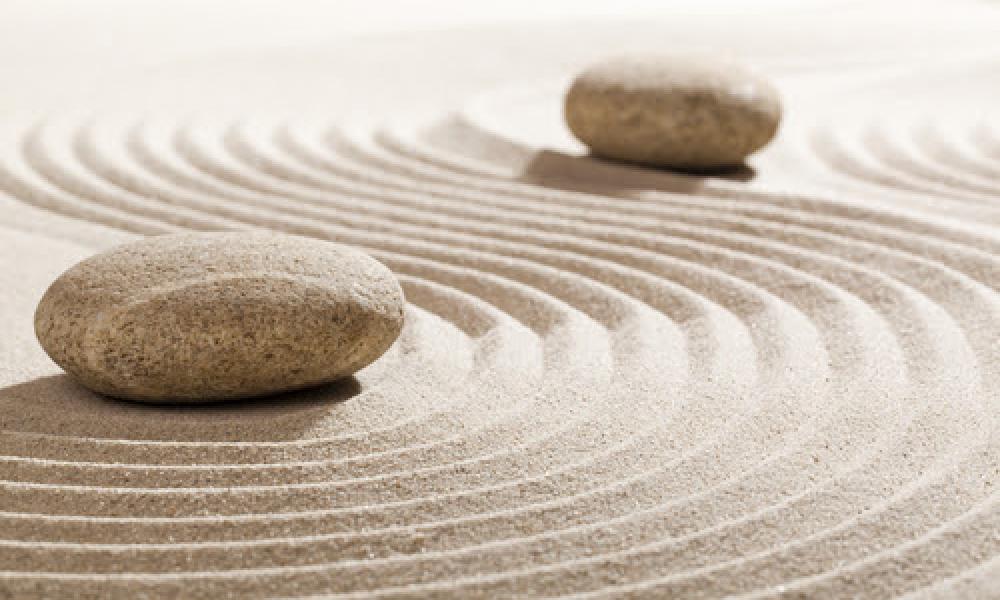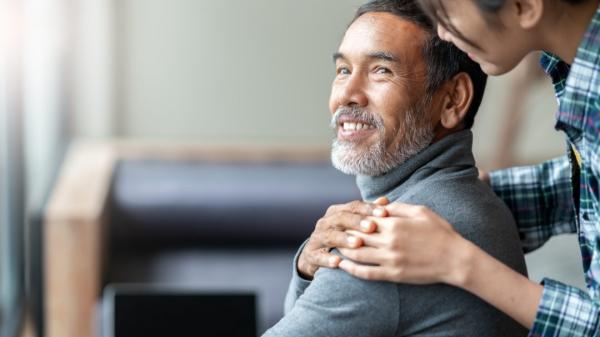
What is tai chi?
Tai chi is an ancient, Chinese martial art form that is practised around the world as a type of gentle exercise. It involves smooth, flowing movements to help improve the flow of life energy, or Qi (pronounced ‘chee’), through your body. This is said to help create a sense of relaxation and improve or maintain health.
Are there different types of tai chi?
There are many styles of tai chi and there can be great differences between each type. However most forms of tai chi involve slow, controlled movements and postures which are suitable for people with rheumatoid arthritis (RA). . This includes the Tai Chi for Arthritis program which was created specifically for people with arthritis.
What is Tai Chi for Arthritis?
Tai Chi for Arthritis is a program that was created in 1997 by Dr Paul Lam, with a team of tai chi and medical experts. Tai Chi for Arthritis involves 12 movements or positions that are designed to be safe and beneficial for people with arthritis. Instructors of the program are trained to understand arthritis and ensure the movements are safe for participants.
Tai Chi for Arthritis classes begin with warm-up exercises. The leader then demonstrates and teaches one or two movements per lesson. You will be encouraged to learn the movements properly and slowly, working within your comfort limits. The lesson ends with cool-down exercises.
You can learn Tai Chi for Arthritis in a class led by a trained leader or at home by using the instructional DVD and handbook available from your local Arthritis Office. The DVD is available in English, Chinese (Mandarin), Italian, German, French and Spanish.
What are the benefits of tai chi?
In general, tai chi has been shown to:
- decrease stress
- increase muscle strength in the lower body
- improve balance and
- improve posture.
Studies show that tai chi can help reduce pain and stiffness felt by people with arthritis. The movements gently exercise most of the muscles and joints throughout the body and can improve your flexibility and ability to move. Practising tai chi may also help you to relax and improve your sense of wellbeing, which is also important in helping you deal with pain.
Who can do tai chi?
Tai chi can be suitable for people with RA of any age and fitness level if:
- the form of tai chi involves slow, gentle movements that are suitable for people with RA
- you can work at your own level and pace during the class
- you learn from a qualified instructor who:
- understands RA
- ensures the movements are safe for you and your ability
- shows you how to change or adapt the movements if they are causing pain or discomfort.
The movements of the Tai Chi for Arthritis program have been specifically designed to be safe for people with arthritis.
What should I look for in a class?
It is important to find a qualified instructor who understands arthritis and how to make the class safe for you. Before you start, ask if the style of tai chi being taught in the class is suitable for people with your condition, ability and fitness level. Depending on where you live, you may be able to join a class specifically for people with arthritis, such as a Tai Chi for Arthritis class. Your local Arthritis Office can help you find instructors who teach the Tai Chi for Arthritis program.
How often will I need to practise?
If you join a tai chi class you should aim to attend once or twice a week and practise one or two movements for about 10 to 30 minutes per day. If you learn at home you can set your own pace. Either way you should gradually build up your practice sessions and aim for about 30 minutes on most days.
How do I get started?
- Contact your local Arthritis Office for details of Tai Chi for Arthritis classes in your area.
- If there are no classes in your area, you can learn Tai Chi for Arthritis from the instructional DVD and handbook. Contact your local Arthritis Office to purchase or borrow DVDs.
- To find other suitable tai chi classes in your area, ask your doctor or healthcare team or contact your local community health centre, fitness/leisure centre or council.
CONTACT YOUR LOCAL ARTHRITIS OFFICE FOR MORE INFORMATION AND SUPPORT SERVICES.











